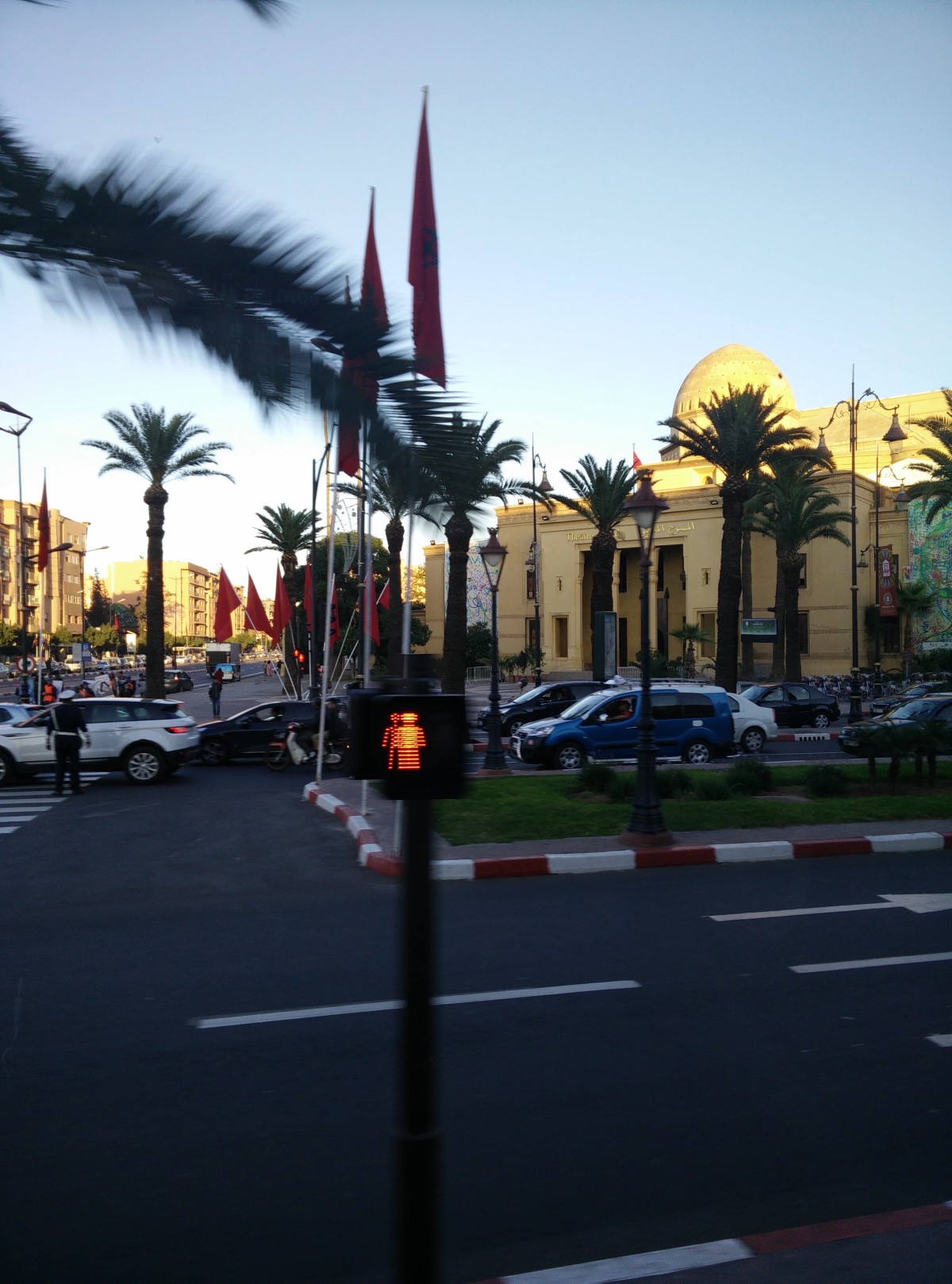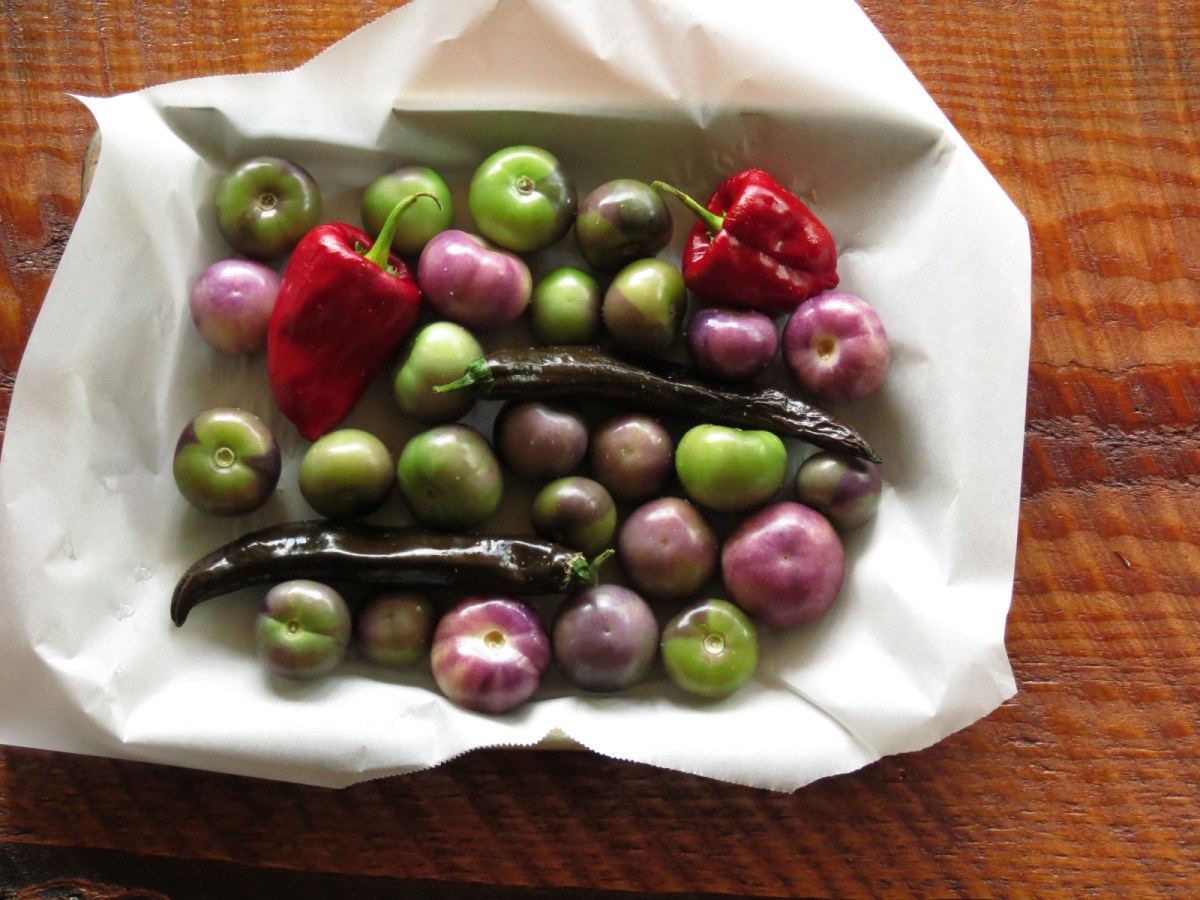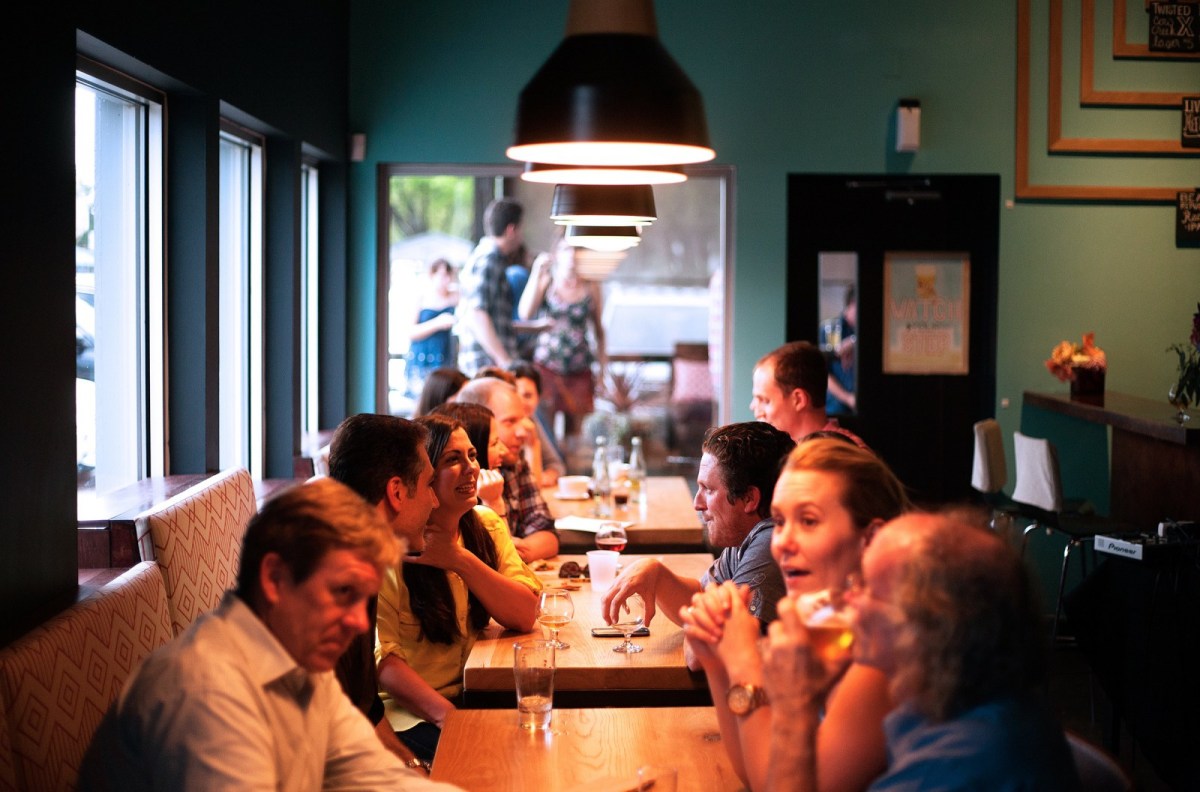Most conversations I have had with people around climate change include one commonly expressed frustration- if only people were not so foolish, and listened to the scientific community about climate change, we wouldn’t be in this fix! Why can’t people trust science when it tells them that climate change is real, and proposes solutions that can solve our challenges?
Well, one response that I often hear to this question, that the media also sometimes seems to catch on to, is – we must understand people who disbelieve climate science from their own vantage point. When we put ourselves in their shoes, we will see that their political leanings, their everyday problems and their perceptions about the world can make it difficult for them to understand climate change- which requires a stretch of the imagination anyway, embroiled as it has become with almost every other issue that faces us today. Coupled with the fact that science in the form of graphs and charts can often feel so disconnected from daily lives for most people, it isn’t that hard to see why they may choose to trust someone closer and more visible (a politician, the news, their friends) than distant scientists brandishing peer-reviewed papers.
But maybe this isn’t the question we should be asking ourselves at all! Maybe we need to reorient our gaze and ask: is there something else about climate change that makes it such a huge challenge for humanity? Is there a reason our technological fixes and an entire global governance regime has been unsuccessful so far in solving this global crisis?
Maybe one part of the problem lies with the way we have constructed our relationship with nature. In his new book The Great Derangement: Climate Change and the Unthinkable, Amitav Ghosh personifies nature as an entity that has been watching and listening to us, and is now beginning to respond in her own way. That is not to say that nature is one homogenous entity- but in all her magnificent glory, perhaps our interactions with the mountains, seas, rivers, forests and deserts has not gone unnoticed, and because we started to divorce ourselves from her, nature is now knocking on our doors, letting us know that she exists and that she will not take this mistreatment sitting down anymore.
And that might point towards a much, much deeper problem in our structuring of the climate change crisis. Maybe the reason the climate crisis isn’t solved yet does not lie with the disbelievers and the skeptics at all. Sarewitz (2009) points out that policies over issues like health care, smoking, and financial reform in the US were taken even when faced with vociferous public disagreement or polarization. Moreover, he also argues that if skepticism were the major driving force behind the lack of climate solutions, countries with more common consensus on climate change such as Denmark or the Netherlands, might be performing far ahead of countries like US that don’t, in terms of reducing their carbon emissions (Sarewitz 2009). But they are not.
So what’s going on? If it isn’t the climate deniers, why are we unable to step up action for climate change? Could it be because we just aren’t ready to give up on the socioeconomic system we have created for ourselves? One that rewards excessive consumption, pushes aside all alternative lifestyles that may wish to harmonize more with the ecological systems around us and is loathe to give up on current inequalities because those who benefit from it the most are also at the forefront of the global climate regime? Seen in this form, climate change is not a problem merely for technology to solve, but one that calls on us to exercise our faculties in the sociopolitical and economic arenas, and to bring the social sciences (such as philosophy, sociology, theology, psychology) and the humanities into the playing field as well.
Sarewitz, D. (2011). Does Climate Change Knowledge Really Matter? WIREs Clim Change, 2, 475–481.






